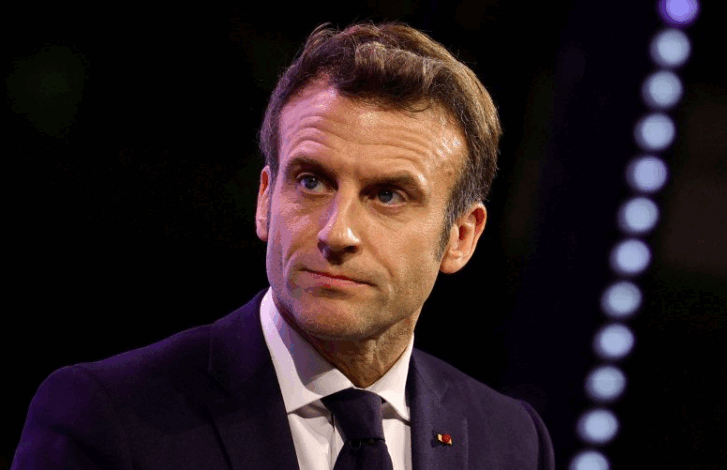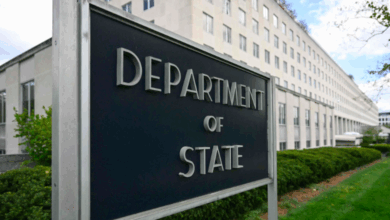Macron Considers Dissolving Parliament for Snap Elections

Paris (LM) President Emmanuel Macron is reportedly contemplating the dissolution of parliament and the calling of snap elections as early as this fall, buoyed by a resurgence in his international profile that appears to be enhancing his domestic popularity.
In recent weeks, Macron has held consultations with key figures within his inner circle about the potential for this significant political move. While these discussions remain preliminary and no formal decision has been reached, the prospect of early elections has sparked considerable interest and speculation.
The next legislative elections are not scheduled until 2029, but among the options being considered is a delay until next year, allowing for legislative elections to coincide with a planned municipal vote in 2026. However, some advisors have cautioned against this approach.
Macron previously indicated in December that he aimed to avoid a snap election before the end of his term in 2027. The French presidency has not commented on the possibility of a parliamentary dissolution, but sources close to Macron reaffirmed that his stance has not changed.
Such a move could disrupt the relative political stability that France has experienced since December, when Macron appointed François Bayrou as prime minister. This stability followed a tumultuous period after a disastrous election in July that fragmented the National Assembly, leaving no party with a clear majority and resulting in months of political turmoil.
Holding snap elections could also present an opportunity for Marine Le Pen’s far-right National Rally, currently the largest party in parliament, to capitalize on its momentum and potentially seize control of the government.
Macron has been active on the international stage, working to respond to geopolitical shifts and strengthen alliances, particularly in support of Ukraine and European sovereignty. His renewed visibility has resonated positively with French voters, reflected in a recent Ifop poll indicating an increase in his approval ratings to 31% in March, up seven points from the previous month.
Despite this uptick in popularity, some members of Macron’s coalition express concern that an early election could further weaken their standing in the National Assembly. The coalition already suffered significant losses in July, while the National Rally made historic gains.
Le Pen, who has consistently led polls for the next presidential election, faced legal troubles in March with a conviction for embezzlement resulting in a five-year ban from holding office. However, her prospects remain alive as a Paris court of appeals is set to rule on a challenge to her conviction and election ban by mid-2026.
As the political landscape evolves, the coming months will be crucial for Macron and the future of French governance.







